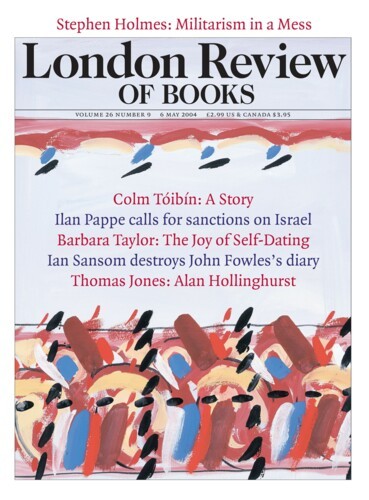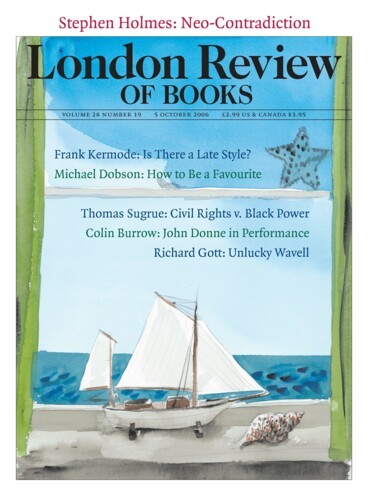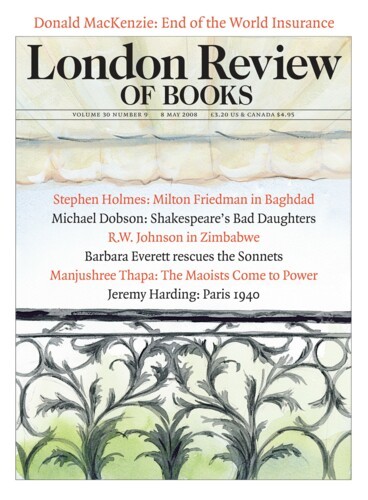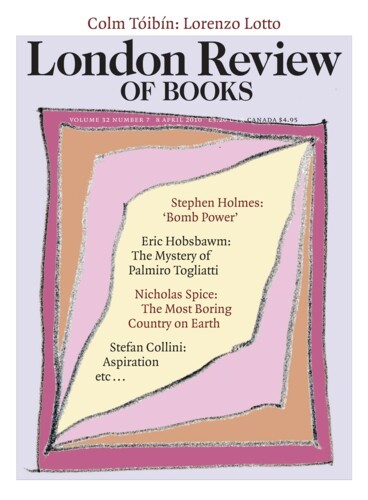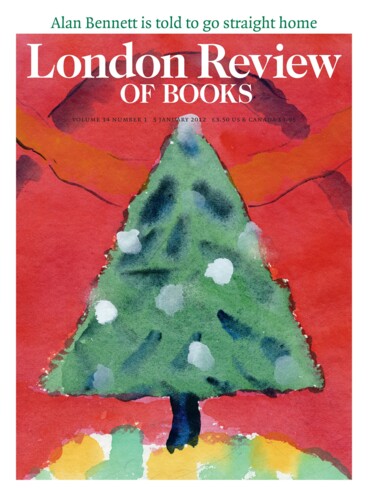No Grand Strategy and No Ultimate Aim: US policy in Iraq
Stephen Holmes, 6 May 2004
The defining reality of today’s international order is no longer 11 September but America’s increasingly bloody occupation of a turbulent Iraq. So why did the Bush administration shift its attention from tracking down Osama bin Laden and a limited number of al-Qaida fugitives to reordering the Iraqi political system in line with American interests and values? This diversion of...
